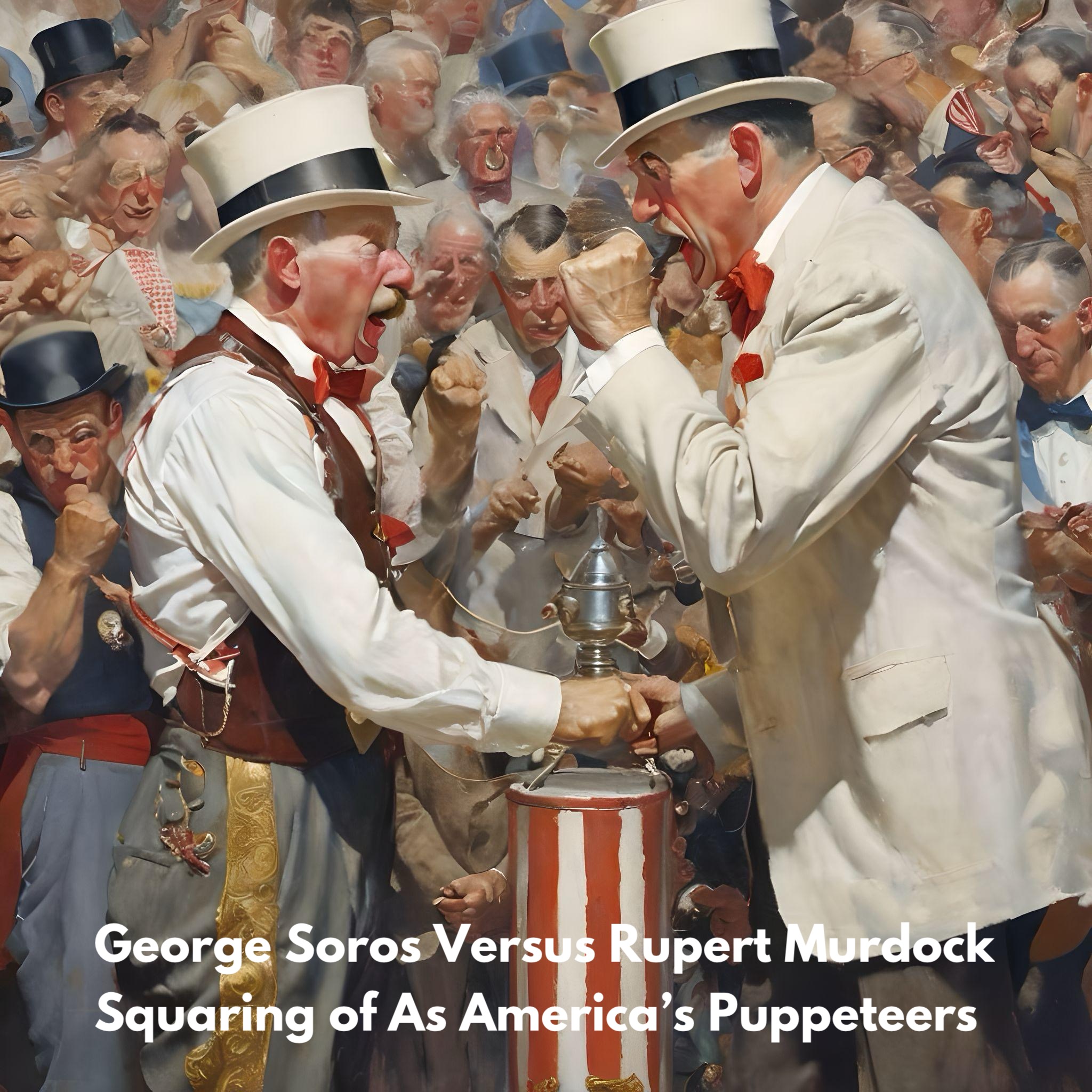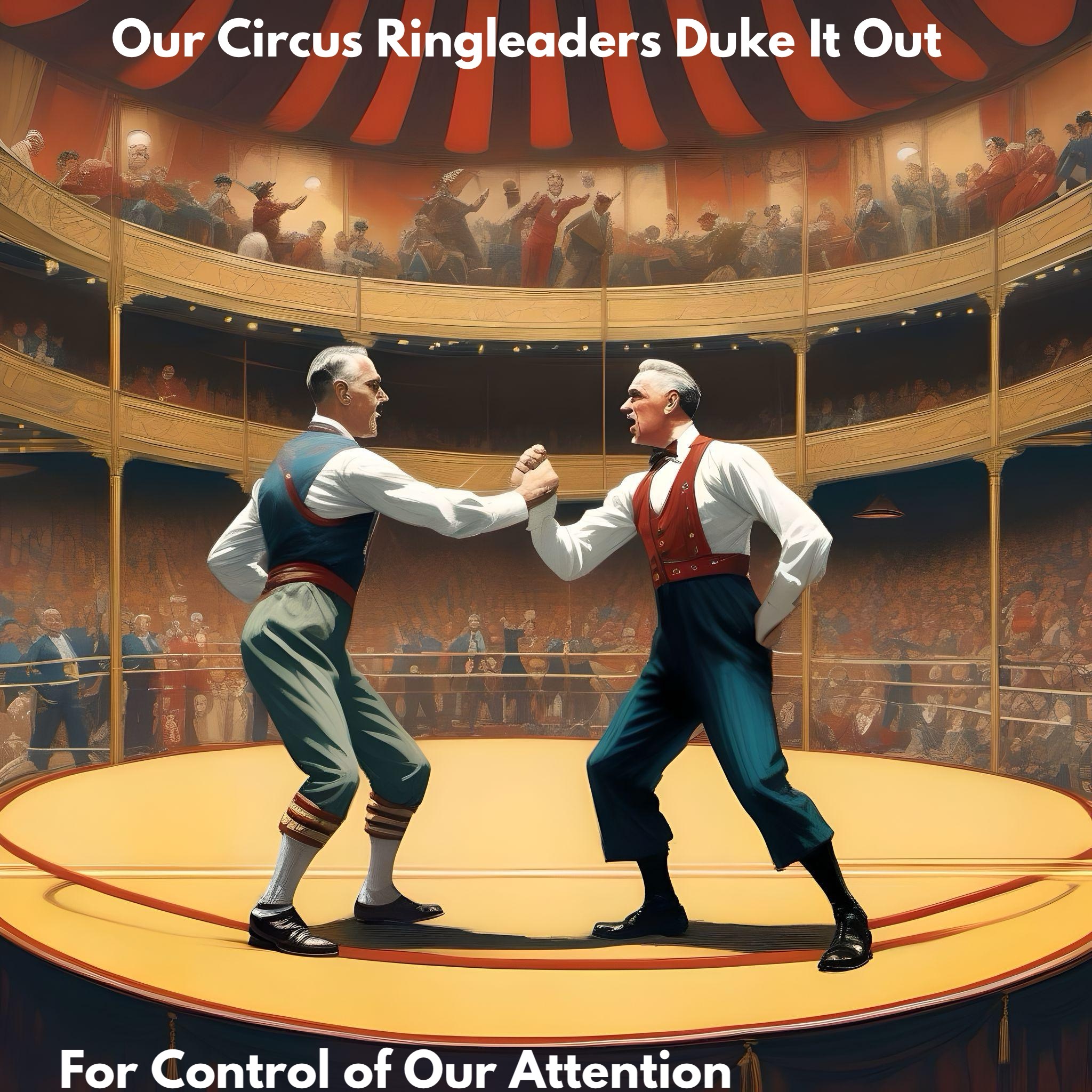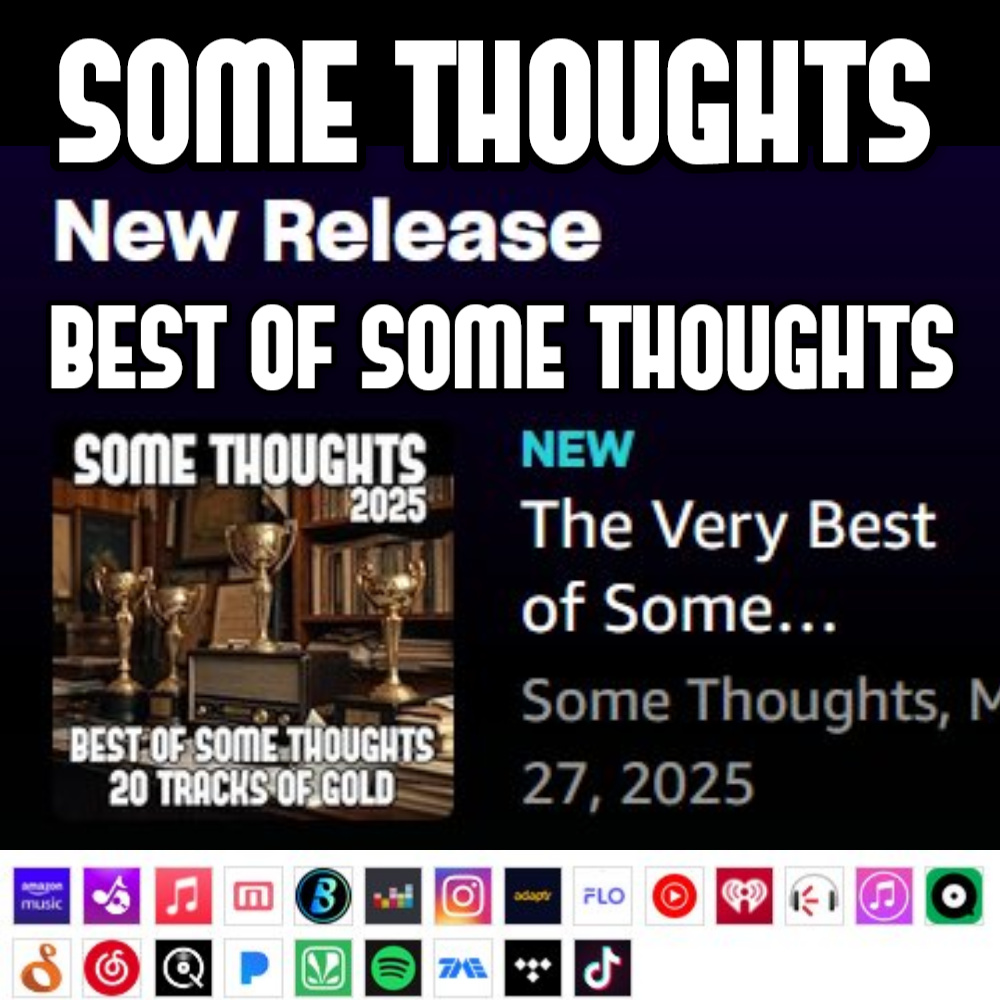Hey, imagine you’re at school, and there are two students running for a leadership role. Just like classmates might have different opinions, news agencies like Fox, CNN, New York Times, and Washington Post have their own views. Fox News tends to support one friend, while CNN, New York Times, and Washington Post may like the other. They might highlight the good things about the candidate they like and point out the not-so-good things about the other.
Now, why is this not great for informed decision-making?
1. **Bias Distorts Information:** When news agencies favor one candidate, they might not give you the full picture. This makes it tricky for you to form an unbiased opinion and understand the actual facts.
2. **Echo Chambers Reinforce Beliefs:** If you only listen to news that aligns with your views, it creates an echo chamber. You might miss out on different perspectives, limiting your understanding of the complex issues at hand.
3. **Polarization in Society:** When news outlets portray candidates in extreme ways, it can fuel division among people. This “us versus them” mentality makes it harder for Americans to find common ground and work together for the greater good.
In short, it’s like getting only one side of the story, which doesn’t help us make well-informed decisions as responsible citizens.
Identifying the “most partisan and biased” news outlets can be subjective, as perspectives differ. However, some outlets often criticized for perceived bias include:
1. Fox News (Right-leaning): Known for a conservative perspective.
2. MSNBC (Left-leaning): Tends to lean towards liberal viewpoints.
3. Breitbart News (Right-leaning): Often associated with right-wing ideologies.
4. HuffPost (Left-leaning): Known for a progressive stance.
For more balanced reporting, consider these outlets:
1. Reuters: Focuses on neutral and factual reporting.
2. Associated Press (AP): Strives for impartial news coverage.
3. BBC News: Offers an international perspective and aims for impartiality.
Remember, even reputable sources can have biases, so it’s essential to diversify your news intake and fact-check information.








